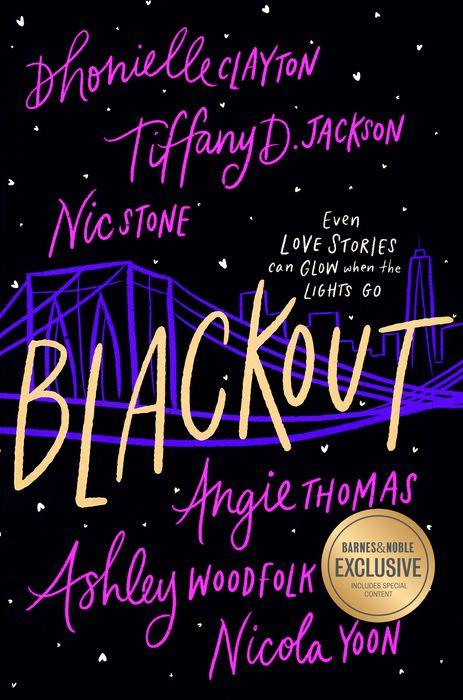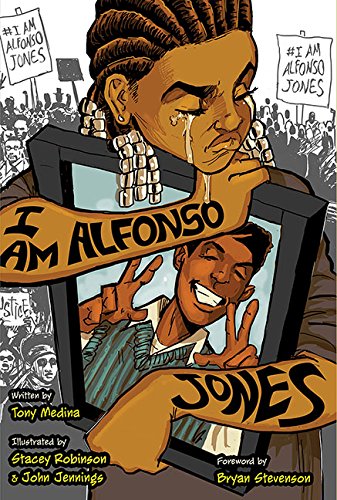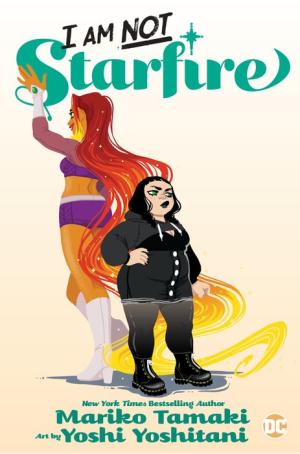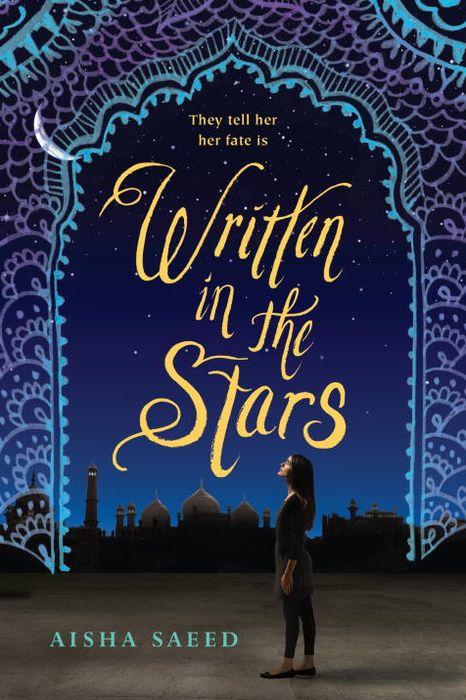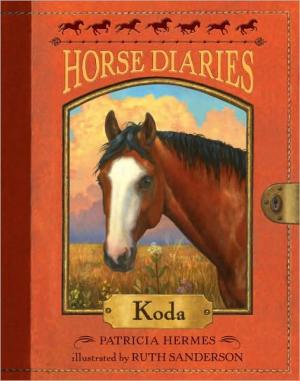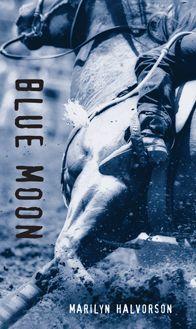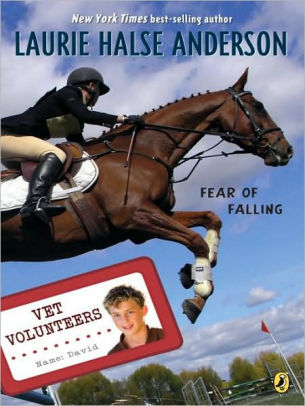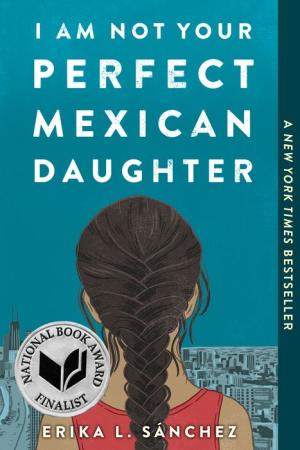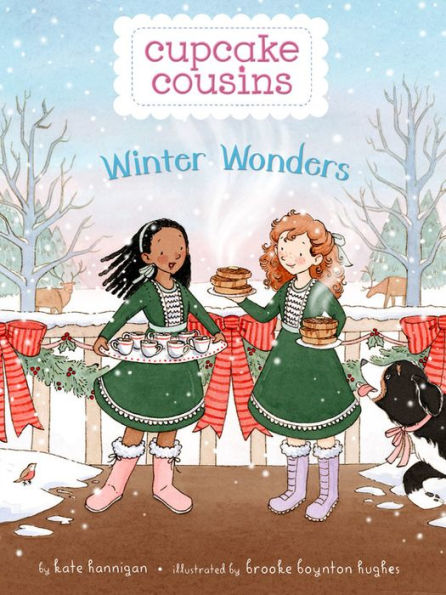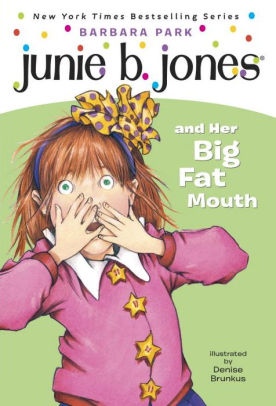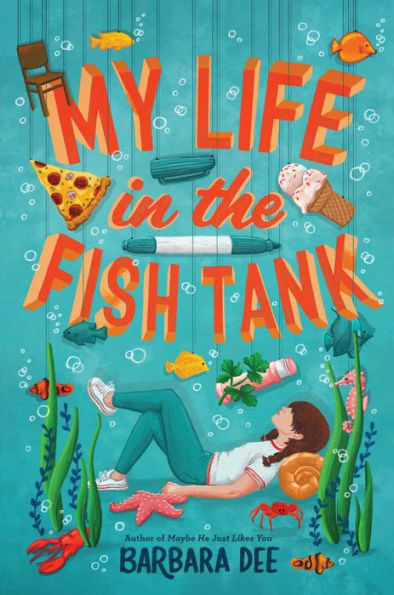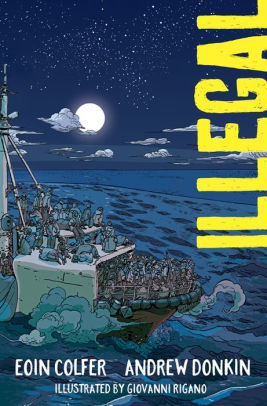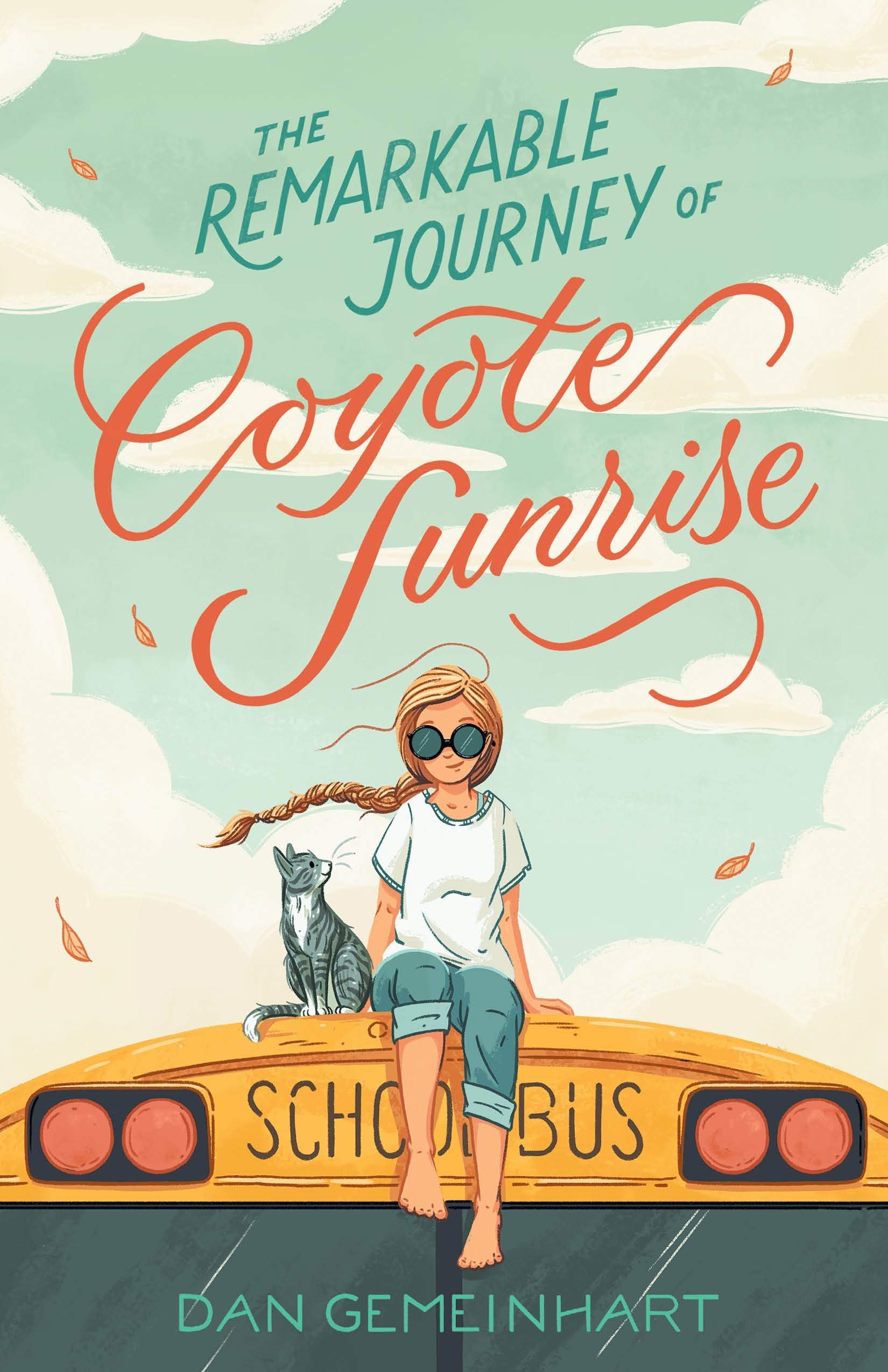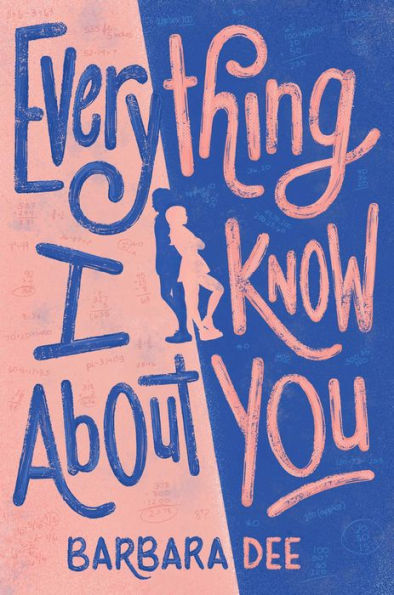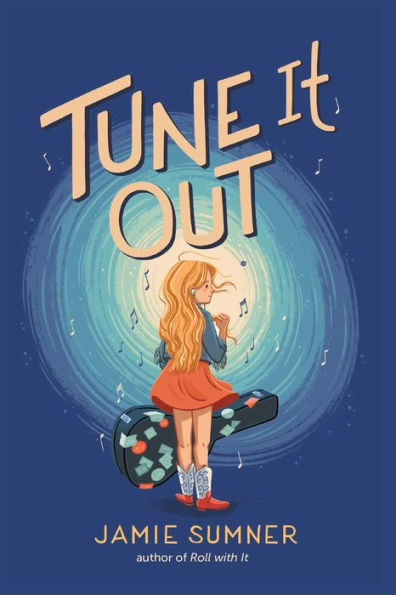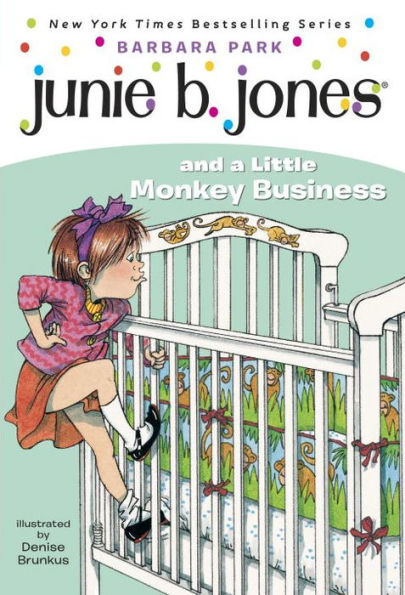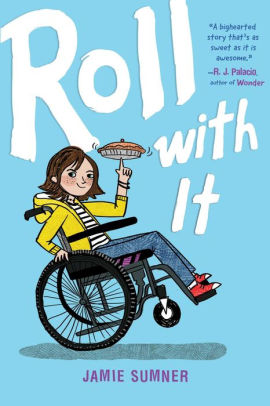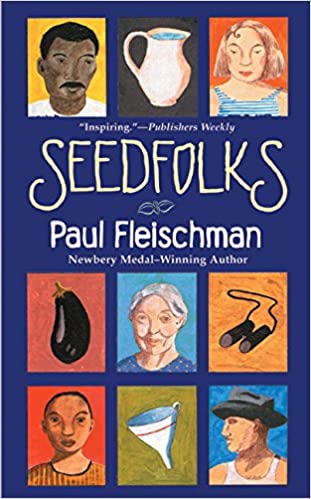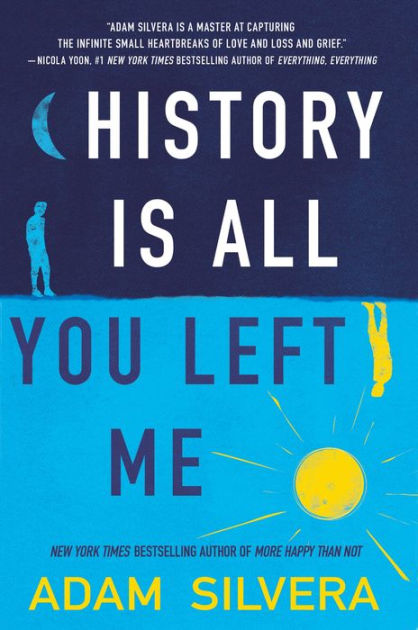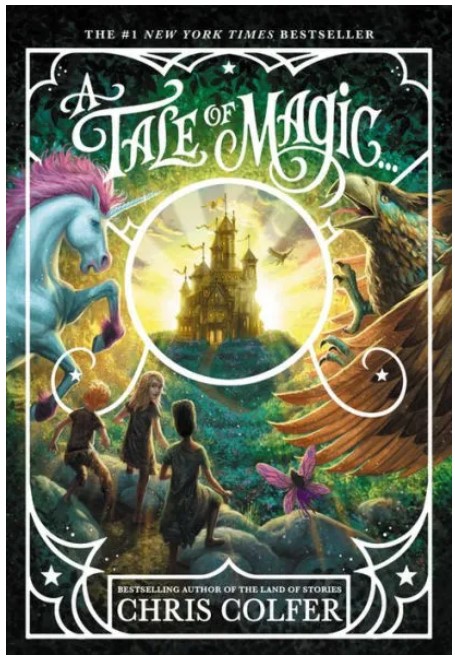The sun beats down on the city of New York where there are places to go and people to see. As a heatwave takes over New York City, electricity goes out. This creates the infamous blackouts causing the lights to go off and the trains to stop running. No electricity also means no air conditioners, and that everyone outside is sweating through their clothes from the summer heat and humidity. Amid the blackout, six couples spark a different kind of electricity in the City that Never Sleeps as old loves, and new ones, meet and head to a massive block party in Brooklyn.
Blackout features six short stories following six couples. “The Long Walk” follows two exes named Tammi and Kareem. Kareem needs to get to a block party and Tammi needs to go back home to Brooklyn – coincidentally where the block party is being held. Together, Tammi and Kareem begin a long walk to Brooklyn during the heatwave. “The Long Walk” is also split into 6 parts and scattered throughout the novel instead of being compacted like the rest of the short stories.
“Mask Off” is a queer, MLM (Man Loving Man) love story that follows Tremaine and basketball star JJ. The two of them are riding on the subway before it is shut down by the blackout. “Made to Fit” is another queer, WLW (Woman Loving Woman) love story that follows Nella and Joss at a senior living facility. Nella’s grandfather accidentally loses a picture of his wife, Nella’s grandmother, and Joss offers to help Nella look for it in the dark.
“All the Great Love Stories…and Dust” features two characters named Lana and Tristan, who are trapped in the New York Public Library during the blackout and play a game to see who can find the best book. “No Sleep Till Brooklyn” follows a love triangle on a double decker bus between Kayla, Micah, and Kayla’s boyfriend Tre’Shawn. The final story, “Seymour and Grace,” is a first meeting between Grace and her Ryde driver Seymour. Grace needs to get to the block party in Brooklyn, but the trip gets interrupted by Seymour’s car running out of gas.
All six short stories follow a prose narrative style in the first-person perspective of their respective narrators. Each writer has a different writing style and format. For example, “All the Great Love Stories…and Dust” features footnotes at the bottom of the page to convey Lana’s truth and demonstrate her character. “The truth: I [Lana] just wanted us to have our adventures together away from anyone we might run into. The people we are in Brooklyn aren’t the same people we are in Manhattan or the Bronx or Queens. Do you think you can be a totally different person in a different place? Your insides and outsides transforming into another you?”
There is a sense of consistency between all six authors, allowing the reader to easily grasp the flow of the stories and connect them to the other five. The stories feature romance, and the novel is meant to celebrate young black love. All the characters are teenagers, and most of them are in their late teens. This makes them relatable to a young adult audience as the characters deal with friendships, their identity, and college. For black young adult readers, Blackout provides them the representation they need, and the novel perfectly portrays each character in their own, individual light with their own individual stories and identity.
Blackout is a beautiful novel written by six black authors who bring to life the idea of young love. Each story celebrates young black love and the diversity that occurs in the black community. Queer black teenagers get their own love stories separate from their straight counterparts. Each story provides a small twist on the romance genre due to the authors’ distinct writing style and the story’s format. This book is for readers who are a fan of romance and for Blackout’s targeted audience of black readers. The book is extremely entertaining and will have fans wanting more.
Sexual Content
- JJ brings up rumors about Tremaine, saying, “there are rumors he “deflowered” both the starting quarterback and his girl.”
- JJ recounts a sexual encounter he had with a girl on his eighteenth birthday. She “danced me into a corner and started kissing my neck. And I did kiss her back—she was a great kisser, objectively speaking—and when she pushed things a bit further, I rolled with it.”
- At the queer party, JJ kisses Tremaine without Tremaine knowing it was JJ. “When he turned back to me, I lifted the bottom of my mask, closed the space between us . . . and I kissed him right on the mouth.”
- Nella was in love with her ex-best friend Bree, who Nella “used to dream about kissing.”
- In a brief flashback scene, Nella relives the experience of Bree telling Nella that she only kisses other girls when she’s drunk. Nella says, “Twig saw you kissing girls at all those house parties?”
- Joss puts on some purple lipstick and Nella thinks, “. . . her mouth is suddenly very, very distracting.”
- In the laundry room, Nella and Joss kiss three times. The scene lasts for two pages. “When we kiss, it’s slow and warm. It’s thickly sweet, like the butterscotch candy we took from Queenie’s bedside table, but there’s something underneath the syrupy flavor that I know must be essentially Joss too.”
- After Lana confesses her love to Tristan, the two of them make out. “Before I [Lana] could finish, his hands are on my back and his bottom lip brushes against my neck, my ear, then my cheek, before he kisses me.”
- Tre’Shawn tries to kiss Kayla, but Kayla doesn’t let him. This happens twice.
- Tre’Shawn tries to kiss Kayla a third time and this time Kayla lets him. “I let him kiss me this time. It’s comforting and familiar.”
- After having a panic attack on the Brooklyn Bridge, Tammi brings Kareem close to her and kisses him. Tammi grabs “his shirt, pull[s] him close, and kiss[es] him. I kiss my messy, forgetful, silly-ass ex-boyfriend. And as we hover over the water, I forget the world as he kisses me back.”
Violence
- While at the masquerade party for queer men, JJ gets hit on by an older man against his consent. The man says, “Oh, don’t play coy, now,” as he breathes down JJ’s ear and grabs his arm.
Drugs and Alcohol
- None
Language
- The words “shit” and “ass” are used a variety of times and in a variety of ways. For example, when Tristan is talking to Lana about them going to separate colleges, he says, “I’m supposed to help you and your dads move you into your fancy-ass Columbia dorms before I bounce to Binghamton.”
- When talking about her ex, Taylor, Joss says, “That bitch missed out too.”
- During an argument with Kareem over Tammi not trusting him, he says “Fuck it.”
- Tammi reminisces over a middle school memory where Kareem was bullied. She calls those bullies “assholes.”
- Kareem says that Tammi called him “a fucking liar” because Tammi thought he lied and cheated on her.
- Kayla confides in her best friend, Jazmyn, about her issues with her relationship with Tre’Shawn. Jazmyn says, “Is he on some fuck boy shit?”
- Kayla calls her classmate Micah a “jackass” lightheartedly.
Supernatural
- None
Spiritual
- None
by Emma Hua
